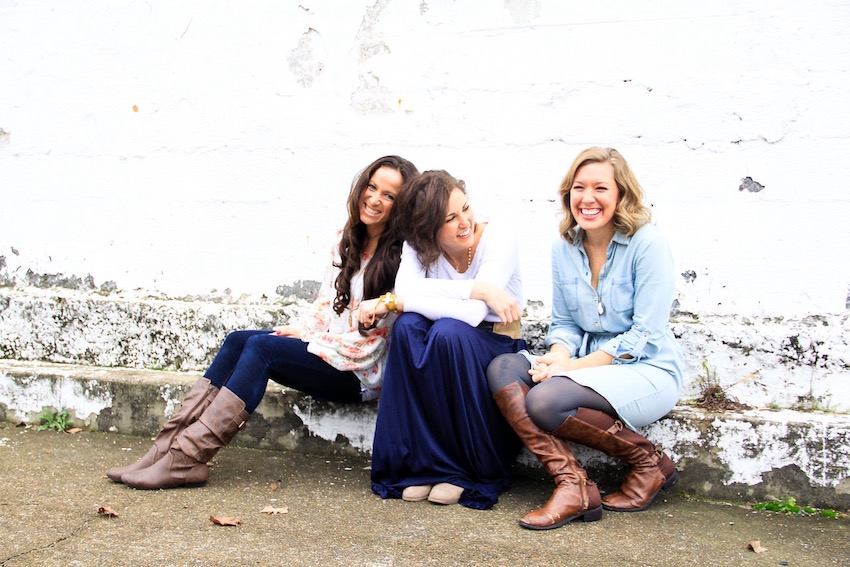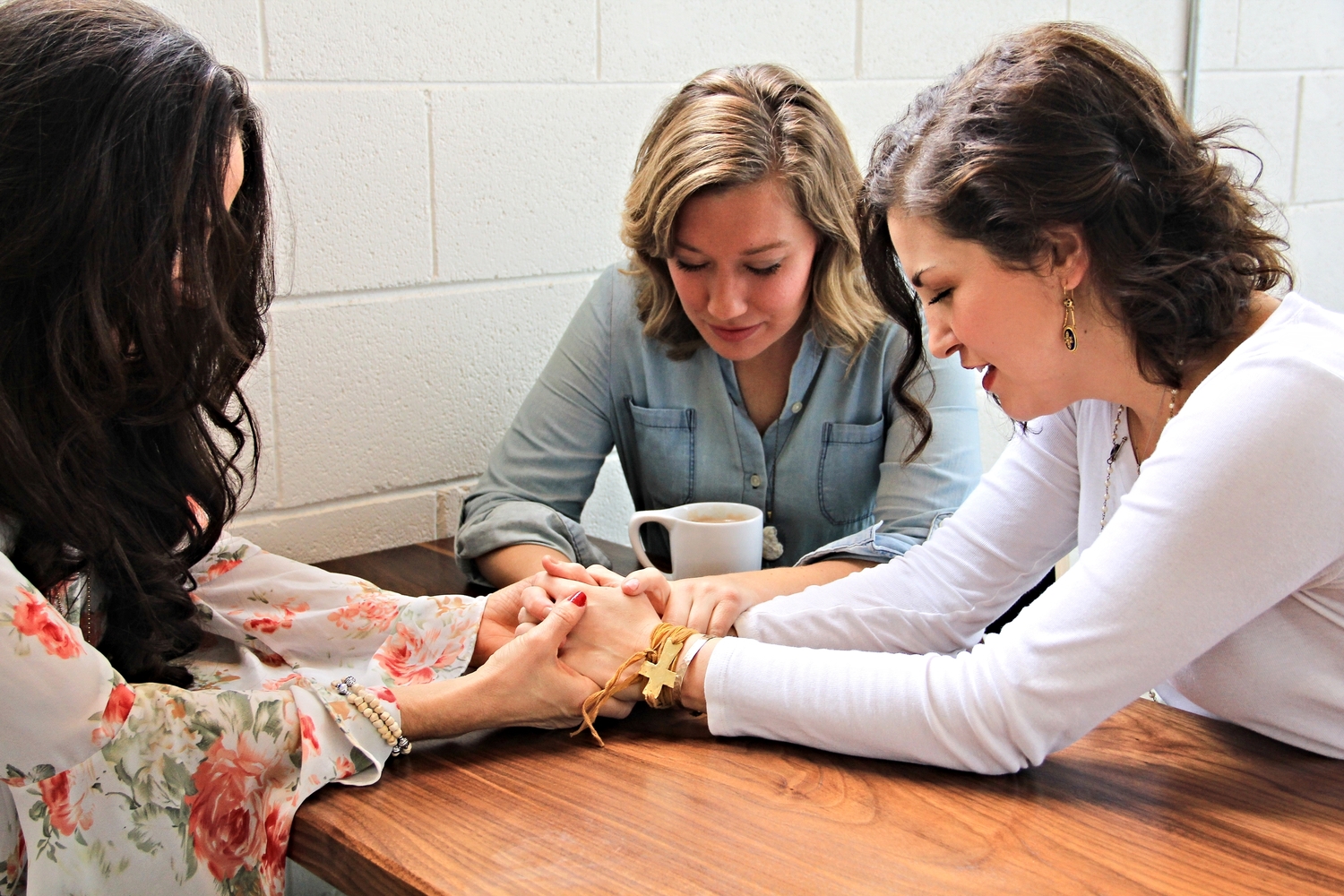 Those who see only limits feel lost in a senseless universe. They live a despondent life-style. Those who see limits as possibilities to go beyond live a hopeful life-style…True freedom is found in people who maintain what the philosopher Paul Ricoeur calls ‘the passion for the possible.’ Susan Muto, Blessings That Make Us Be, 4-5
Those who see only limits feel lost in a senseless universe. They live a despondent life-style. Those who see limits as possibilities to go beyond live a hopeful life-style…True freedom is found in people who maintain what the philosopher Paul Ricoeur calls ‘the passion for the possible.’ Susan Muto, Blessings That Make Us Be, 4-5
As December dawns and propels us toward the celebration of Christ’s birth, we are bidden to be an Advent people, to experience this sacred time with a “passion for the possible.” In short, we are reminded to live in hope.
In the darkest time of year, we light candles to remember the Light who has come into the world. On the shortest of days, we stretch forward in both anticipation and acknowledgement of God with us. As winter begins to dawn and flowers wither and die, we carry fresh, live trees into our homes to be lighted and ornamented with dazzling color, reminding us that we carry hope precisely by affirming what is alive and beautiful in our midst.
To be an Advent people is to make Christ’s coming truly present among us, not as some far-off distant memory, but as a calling forth into the present moment the presence of the One who is real. To be an Advent people is to choose not to ignore the pain and darkness in this world, but instead to embrace those realities with confidence and trust that Someone has come, is coming, and will come again to liberate us from the long night of sin.
Advent hope breaks right through the misery of sin to remind us of the mercy of God. It clears our vision of earthly concerns by inviting us to see light in the darkness. It blesses the human condition by remembering that a fully human God has redeemed our frail humanity. Advent is the hallowed time during which we gratefully acknowledge that our finite limits have already been met by eternal limitlessness.
Each and every day that we awaken, we are confronted anew with our limitations, be they tiredness from a sleepless night, fresh angst over troubled relationships, or the remembrance of failures and tribulations we must face again that day. But to arise resting assured that we are the fragile, fallible children of an all-powerful, infallible God makes us an Advent people: a people who see “limits as possibilities to go beyond,” who believe that the God-man has already gone beyond every human finitude.
For Bethlehem was indeed a place of finitude. Poverty, deprivation, cold and dark provided the “nursery” for the birth of the Savior—the hallowed space where the Transcendent One broke into, and through, those stark actualities with divine presence. There, in abject humility, God offered starlight to open blinded eyes, babe-flesh to woo hardened hearts, and the silence and solitude of the night to quiet the whole human race unto awakening. There, the waters of a virgin womb ushered in a new creation—bringing not just life, light, and hope, but the remedy for every human constraint, conquerable only through infinite power.
Advent “enables us to hope in (God’s) unpredictable generosity toward humanity,” (Muto, 5). Not just two thousand years ago, but today and every day.
Will we let Advent draw us in? Will we touch and feed upon the divinity that begs our remembrance of God’s unbounded potential to heal our human impotence? Will we awaken afresh to God’s presence, to light breaking through our darkness, and to the reality that every human weakness is an opening for a manifestation of God’s greatness?
Advent is meant to inspire in us a “passion for the possible,” which sees instead of “the darkness of sin, despair, inhumanity and persecution” the “how much more of God’s promise of redemption” (Muto, 5).
It is Advent. Anything is possible.
Author’s note: Thank you to Susan Muto, PhD, for her beautiful insights on the Beatitudes, which I have applied liberally to the theme of Advent.
This article was previously published at Aleteia.
Advent Special: Order "Miracle Man" and "Mary's Way" now to receive a signed copies of both books plus a free "Mary's Way" Consecration Prayer Card. Bundle price $25 at www.memorareministries.com. Order yours today.














